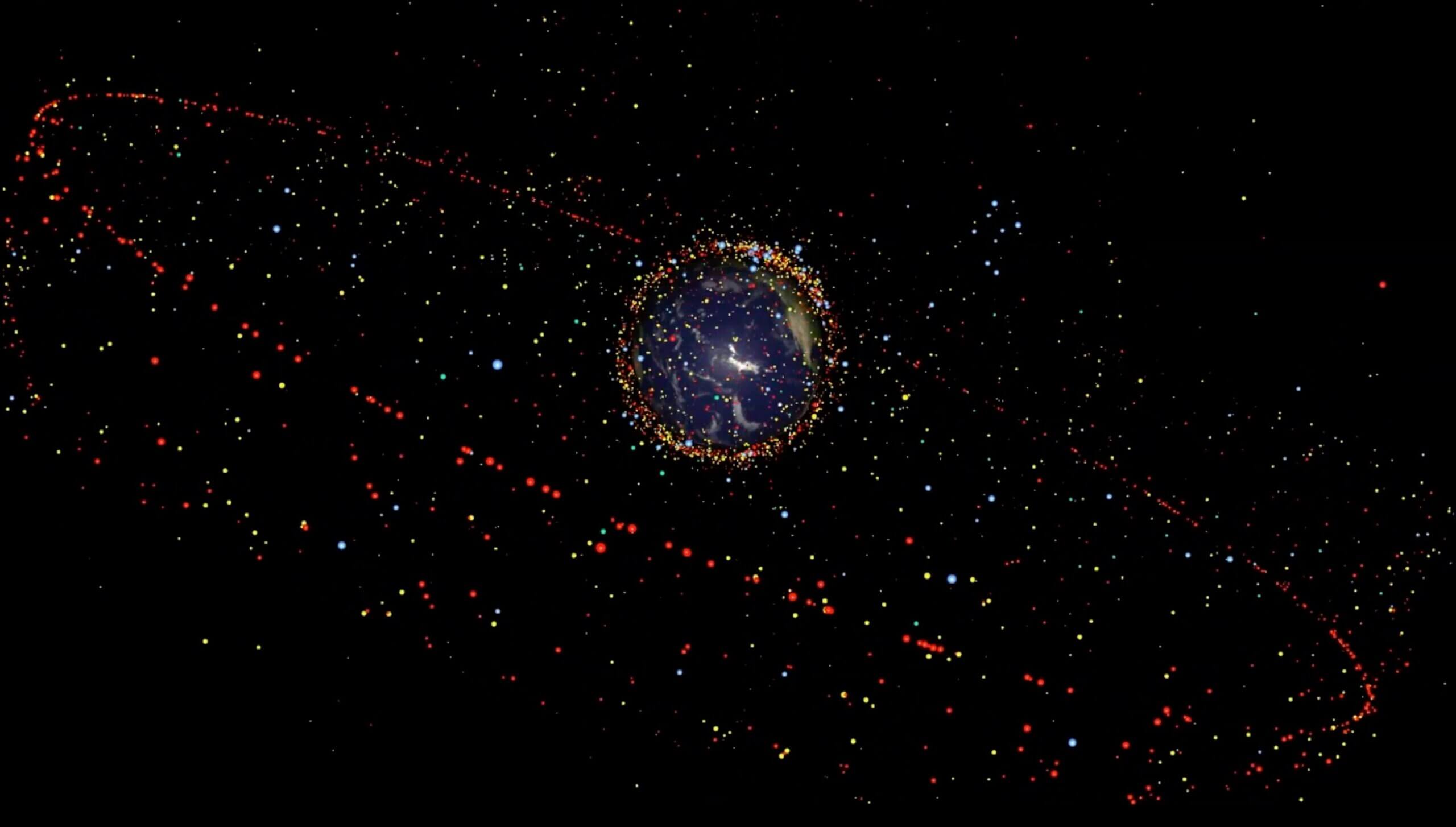Satellite manufacturers, spacecraft operators, and the like, should receive specific and verifiable commitments to limit the number of objects in space in practice, and not just the predicted number of abandoned objects they produce during their activity, and to include in the planning the waste disposal at the end of the vessel's life

The rate and scope of the development of activity in the orbits around the earth are developing and growing faster than expected and the immediate result is the accumulation of more and more man-made objects that reach space and even remain there even after they have stopped functioning.
In a request made this week by the company Astroscale, which offers technology for cleaning space, to the "Coalition for Safety in Space" (the body that sets the guidelines and regulation for sustainable activity in space), the company states that in its estimation, satellite manufacturers, spacecraft operators, and the like, should receive specific and verifiable commitments to limit the The number of objects actually in space, and not just the predicted number of abandoned objects they produce during their activity. At the same time, Astroscale seeks to oblige the various operators to combine percentage-based goals for the successful disposal of space debris after the mission.
According to Ofir Azriel, CEO of Astroscale Israel, the sustainability of space operations in the near and long term requires a particularly thorough approach to quantifying and limiting the risks presented by the various operators. "Abandoned objects in space contribute significantly to the risk of collision, and are a source of deadly waste that cannot be tracked," Azrieli says that as a result, Astroscale supports the application of cumulative risk indicators to calculate - and regulate - the risk of collision on a systemic basis.
According to Azrieli, although ultimately the coalition's guidelines are not binding, Astroscale nevertheless expects the members of the coalition, which include government bodies and the space industry, to implement these recommended practices to the best of their ability. "We hope that methods and norms of behavior at the industry level, such as mandatory national regulation, dedicated laws, license requirements and the operation of technical standards bodies, will eventually be included in the planning and production of all space vehicles, in favor of sustainable space management. Constant improvements in such practices will continue to be necessary as space operations develop.'
More of the topic in Hayadan:
- A new study reveals: the proliferation of satellites and space debris around the Earth is harming space exploration
- A laser observation station will make it possible to identify dangers of satellite collisions and space debris
- The space station had to change course again to avoid space debris
- The astronauts on the space station entered the rescue vehicle for ten minutes, due to the risk of collision with space debris

One response
Simple advice for cleaning the space.
At the end of the mission, push the satellite slightly towards the sun and it will simply burn - after all, there is no friction...
Elisha